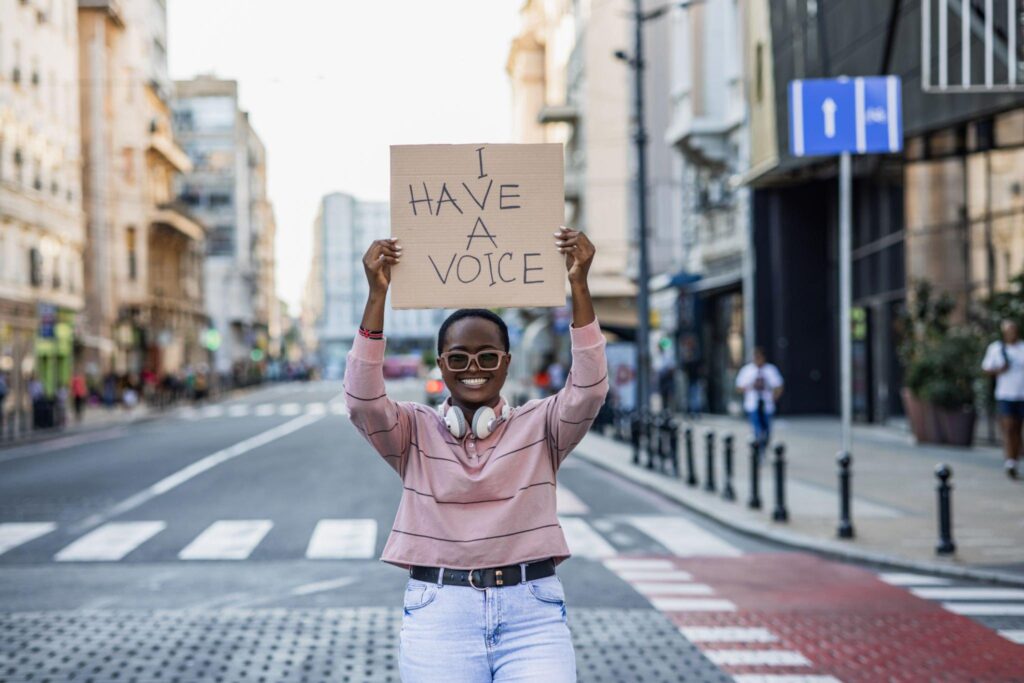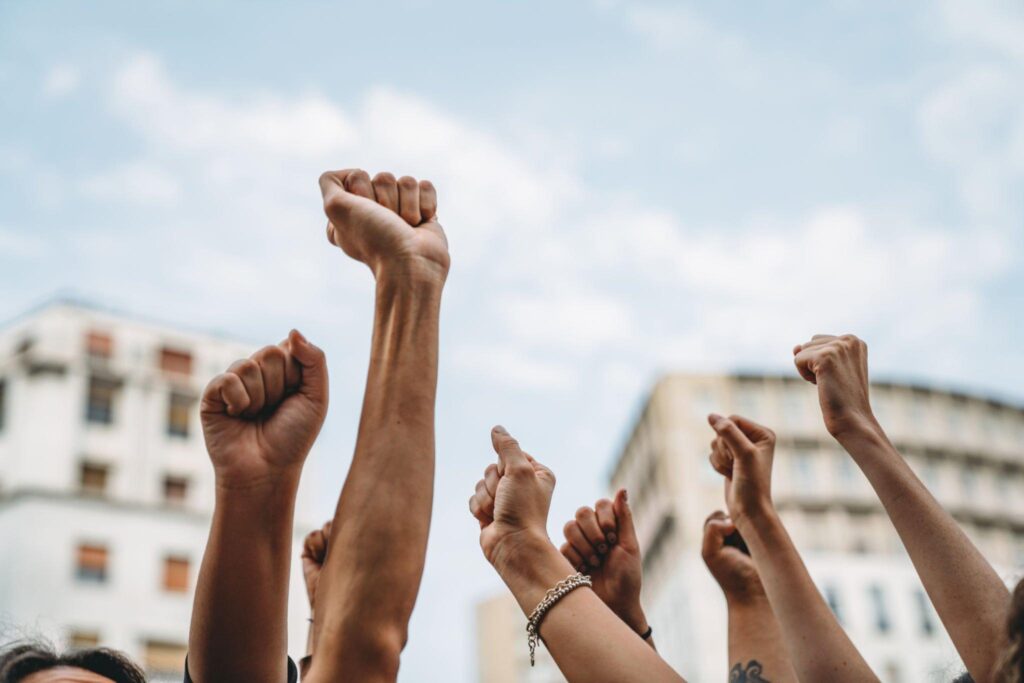HUMAN RIGHTS START WITH BREAKFAST
– Leopold S. Senghor (Senegalese Poet)
Introduction
The legal team, by popular demand, is commencing a new series of legal articles advising Spartans on their Fundamental Human rights as guaranteed under the laws of the Federal Republic of Nigeria. This is the first part of the series. An introduction, to set the tone for subsequent discussions on the topic.
The purpose of this series is not to encourage disobedience to the law or constituted authority. The goal is to provide basic education for all of us on our fundamental human rights so we can know our rights and be prepared to protect them.

What Are Human Rights?
Human rights have been described as “those liberties, immunities and benefits which by accepted contemporary values, all human beings should be able to claim as of right in the society in which they live”[1]. They are those inalienable liberties that each person can demand from their society solely by virtue of their being human. We are born with these rights and under no regular circumstances are we to be deprived of these rights. They are not merely to be proclaimed but to be protected. However, a person who does not know their rights will not know how to protect or defend those rights.
What is the Legal Regime for Fundamental Rights in Nigeria?
It has been said that “Rights is a Child of Law, and from Real Laws come real rights, but from Imaginary laws come imaginary rights”[2]. So, what then are the laws providing for the real rights of the average Nigerian? These laws include:
- Chapter IV of the 1999 Constitution of the Federal Republic of Nigeria (as amended. (Yes! the Constitution lawyers are always talking about).
- International Law Instruments like The African Charter on Human and Peoples’ Rights of 1981 as domesticated in the African Charter on Human and Peoples’ Rights (Ratification and Enforcement) Act[3](ACHPR)
- The International Covenant on Civil and Political Rights of 1966 (ICCPR)
- The International Covenant on Economic Social and Cultural Rights 1966 (ICESCR)
- The Universal Declaration on Human Rights 1948 (UDHR).
The first two (Constitution and ACHPR) are the strongest statutory backing for the protection of your Human Rights due to their being local law enforceable in local courts.
What Are My Rights Protected by Law?
I know it might come as a shock to many to know that they have some rights that the law does not fully protect/ guarantee in Nigeria (This will be the subject of a much later discussion in this series). However, the focus, for now, will be on providing a list of rights guaranteed protection under the Nigerian Constitution. They include[4]:
- Right to Life
- Right to the dignity of the human person
- Right to Personal Liberty
- Right to a fair hearing
- Right to Privacy
- Right to Freedom of thought, conscience, and religion
- Freedom of expression and the press
- Right to peaceful assembly and association
- Right to freedom of movement
- Right to freedom from discrimination
- Right to property
Please note, the characterization of these rights as “Freedoms of…” does not imply total, absolute and unlimited Freedom. It might be near-total but there are exceptions, and these will also form part of the upcoming discussion in the series.
No better example can be given of the non-absolute nature of these rights than that, despite our freedom of movement, the government was able to curtail our movement with stay-at-home orders due to the COVID-19 pandemic. This shows that the Freedom of movement is not absolute and so are the other rights mentioned above.
Conclusion
At this point, we have been introduced to the concept of rights, the laws governing them in Nigeria, and a list of constitutionally guaranteed rights. Feel free to read and contribute your questions, comments, and other contributions to the conversation in anticipation of the next leg of the series.
[1] Lois Henkin, quoted by Oji Umezurike in Constitutional Rights Journal (Nigeria) Vol. 5, 1995 at p.11
[2] An Adaptation of the Benthamite position of the Legal Positivist Jeremy Bentham in Anarchical Follies.
[3] CAP A9 Laws of the Federal Republic of Nigeria 2004
[4] All are guaranteed under Chapter IV of the 1999 Constitution of the FRN (as amended). See Sections 33-44 of the Constitution.




